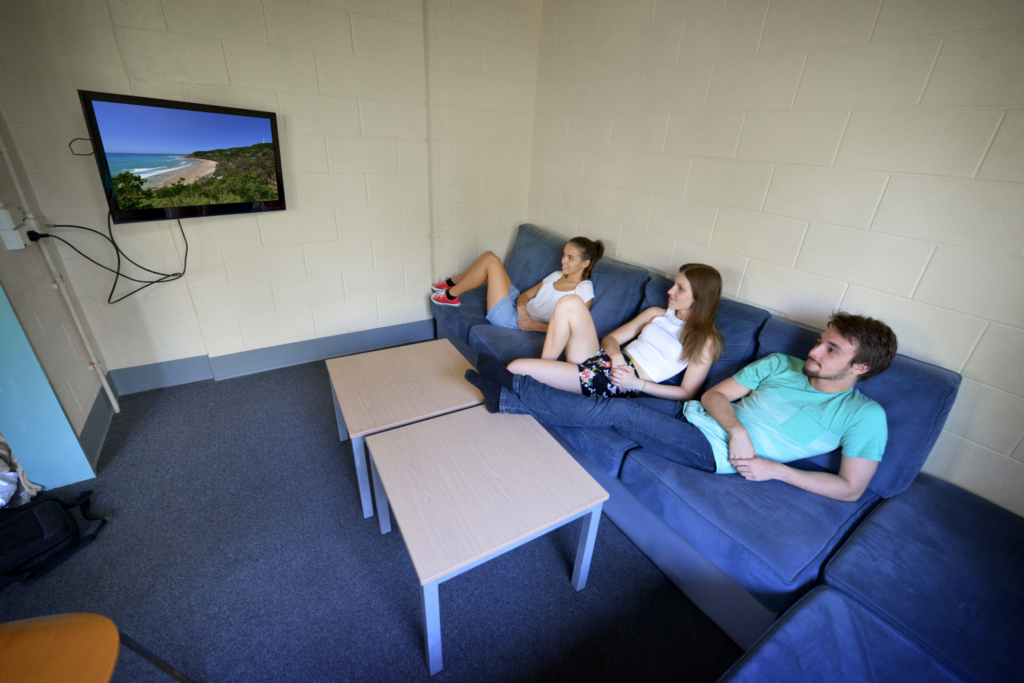Starting college is a thrilling time, but moving can be stressful, especially when trying to manage a college move with a limited budget. Planning and strategic packing, including identifying the essential things a college student may need, can make your move efficient and affordable. Here are some practical tips to help you navigate your college move without breaking the bank.
In this post:
How to Plan Your College Move with a Limited Budget
Planning ahead is key to managing a college move with a limited budget. Begin by making a checklist of essentials and a timeline for packing. This way, you won’t leave anything to chance and won’t have unexpected last-minute expenses.
Create a Detailed Budget
Before anything else, create a detailed budget that covers all aspects of your move. Include costs for packing supplies, transportation, and any services you might need. Additionally, look for free things for college students, such as free boxes or packing materials from local stores. This will help you track your spending and identify areas where you can cut costs.
Declutter Before Packing
Moving is an excellent opportunity to declutter. Go through your belongings and decide what you need and what you can sell or donate. This will reduce the volume of items you need to move, saving you money on packing supplies and transportation.
Use Free or Low-Cost Packing Supplies
Instead of buying new packing supplies, look for free or low-cost alternatives. Check with local grocery stores or retailers for free boxes, or use items you already have, like suitcases, duffel bags, and laundry baskets, for packing.
Hire Affordable Movers
If you’re hiring movers, look for budget-friendly options. Some movers in Maryland offer affordable rates for students. Consider contacting local moving companies and asking if they have any discounts for students or off-peak moving rates. Sometimes, it’s worth hiring professionals to help with moving across the state. Movers in Maryland, for example, can help ensure your belongings are transported safely and efficiently. Hiring long-distance movers can save you time and stress, allowing you to focus on settling into your new home.
Opt for DIY Moving
For those with a tight budget, consider a DIY move. Rent a moving truck and enlist the help of friends and family. This can significantly reduce costs compared to hiring a full-service moving company. However, remember to account for hidden expenses like fuel and insurance when budgeting for a DIY move.
Consolidate Shipments
Shipping items can be expensive, especially for long distances, such as from Maryland to Florida. Try to consolidate shipments to reduce costs. Furthermore, moving across the state can be more economical if you combine your belongings with friends who are also moving to the same area.
Plan Your Move During Off-Peak Times
Moving during peak times, like the start and end of the school year, can be expensive. Plan your move during off-peak times to save money. Many moving companies offer lower rates during these periods, and you may also find it easier to book services and rentals.
Pack Efficiently
Packing efficiently can save you money and time. Use space-saving techniques like rolling clothes and using vacuum-sealed bags. Label your boxes clearly to make unpacking easier and avoid misplacing items, which can lead to unnecessary purchases.
Finding Affordable Housing
Housing can be one of the most significant expenses in a college move. Here are some tips for finding affordable housing:
Shared housing can drastically reduce your living expenses. Look for roommates to share the cost of rent and utilities. Many colleges have online forums or bulletin boards where you can find potential roommates.
Explore Off-Campus Housing
While on-campus housing is convenient, it can be more expensive than off-campus options. Explore off-campus housing in nearby neighborhoods. Often, you can find more affordable options that are still within a reasonable distance from campus.
Negotiate Rent
Don’t be afraid to negotiate your rent. If you find a place you like but it’s slightly out of your budget, talk to the landlord. They might be willing to lower the rent or offer other concessions, like free parking or utilities, to secure a tenant.
Managing Expenses During the Move
Moving involves more than just transporting your belongings. Here are additional tips for managing expenses.
Use Public Transportation
If you’re moving to a city with reliable public transportation, consider not bringing a car. Public transportation can be much cheaper than maintaining a vehicle. Look into student discounts for local transit systems.
Cook Your Meals
Eating out can quickly add up. Plan your meals and cook at home to save money. This not only helps with budgeting but also ensures you’re eating healthier.
Take Advantage of Student Discounts
Many businesses offer discounts for students. From restaurants to entertainment and even stores with student discounts, always ask if there’s a student discount available. These small savings can add up over time.
Settling into Your New Home
Once you’ve moved, here are a few tips to help you settle in without spending too much:
Furnish with Second-Hand Items
Furnishing a new place can be expensive. Look for second-hand items from thrift stores, online marketplaces, or garage sales. Many students sell their furniture and other items at the end of the school year, so keep an eye out for deals.
DIY Decorations
Instead of buying expensive decorations, get creative with DIY projects. Use posters, photos, and inexpensive frames to make your space feel like home without spending a lot.
Final Words
Navigating a college move with a limited budget is challenging, but it’s entirely possible with careful planning and smart choices. Start by creating a detailed budget, declutter, and seek affordable housing options. Utilize free packing supplies, consider DIY moving, and take advantage of student discounts. Don’t forget that a successful move is all about being resourceful and staying organized. Good luck with your college move!






